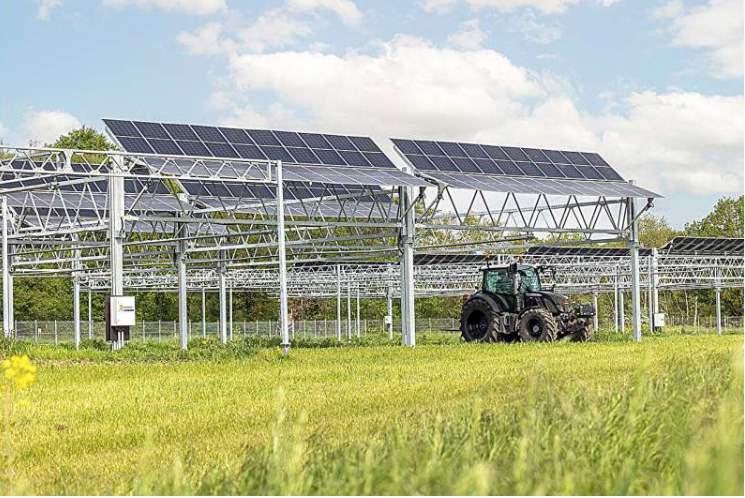Agrivoltaics, which integrates solar panels with agricultural practices, is emerging as a promising solution to the climate crisis, addressing both food and energy needs. Proponents see it as a “win-win” for land productivity and clean energy. However, critical studies caution that its implementation could perpetuate issues within capital-intensive industrial agriculture instead of fostering sustainable practices.
Research by Ruben Vezzoni emphasizes that without appropriate policies, agrivoltaics may reinforce land ownership concentration and profit-driven models, marginalizing smallholder farmers and local communities. Similar findings from Timothy Coburn and others highlight the equity implications, noting that larger farmers and investors often reap the benefits while smaller entities are excluded from decision-making processes.
A European study corroborates these concerns, revealing that benefits frequently favor large-scale operations, pointing to the need for a justice framework to ensure equitable distribution of resources. The definition of agrivoltaics varies significantly by region in the U.S., which complicates the establishment of consistent regulatory standards.
Legal reform is suggested, particularly concerning zoning and community contracts, to prevent developers from overshadowing rural interests. Successful agrivoltaics should center around empowering legitimate stakeholders rather than merely accelerating financialization and displacement of smallholders.
To ensure a just transition, historically marginalized communities must be prioritized, including Black farmers and Latino workers. Suggested reforms involve providing agricultural subsidies to disadvantaged farmers, allowing collective ownership of solar arrays, and creating cooperative financing structures.
The article advocates for grassroots-led policies that embrace an energy justice framework, ensuring fair profit sharing and community involvement. It argues for reinvesting agrivoltaic profits into sustainable agriculture and promoting standardized regulations to diminish speculation and inequity.
Ultimately, agrivoltaics holds significant climate potential, but without justice at its core, it risks becoming another instance of land commodification and inequality, undermining true economic democracy within the energy transition.
Source link


